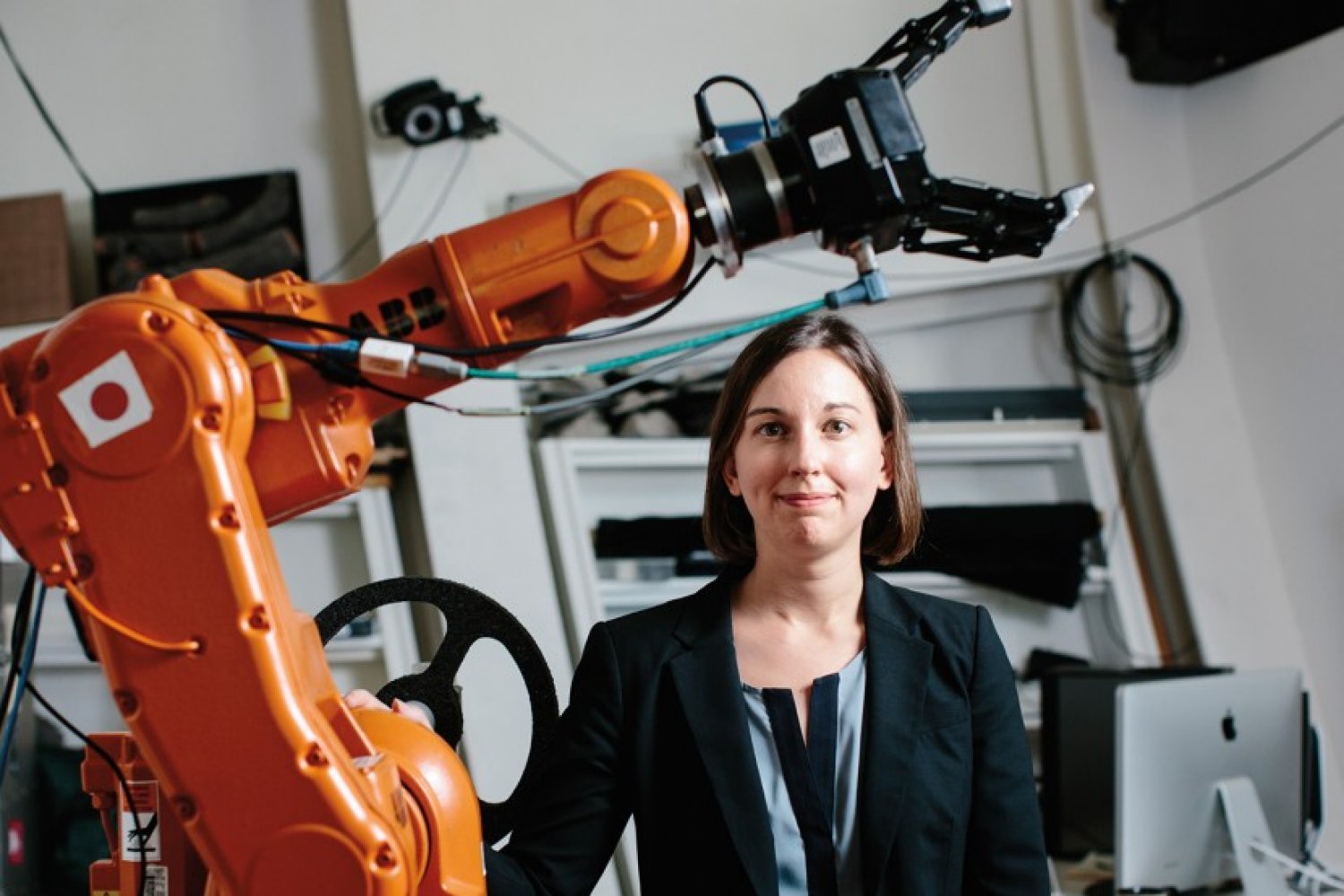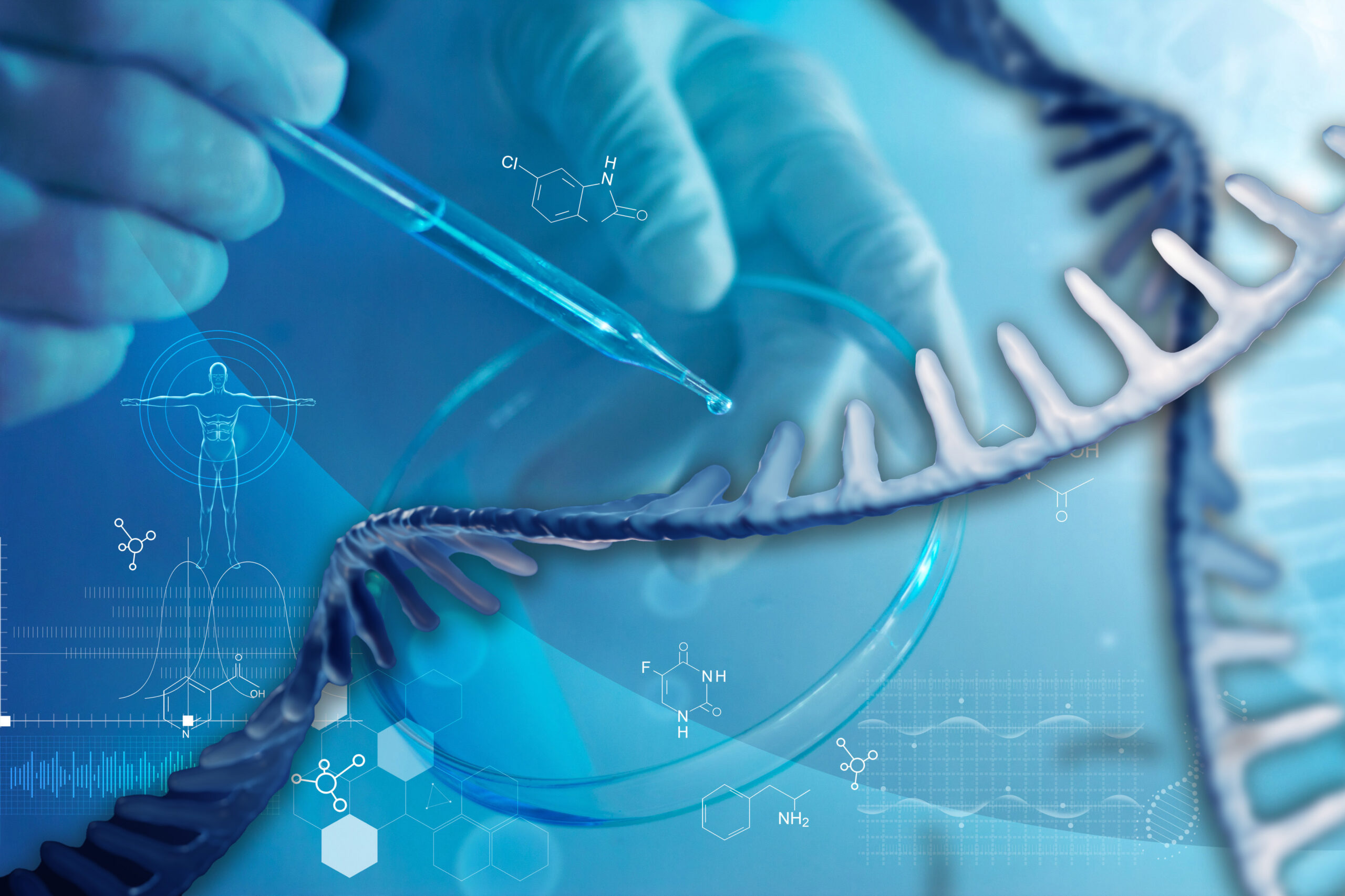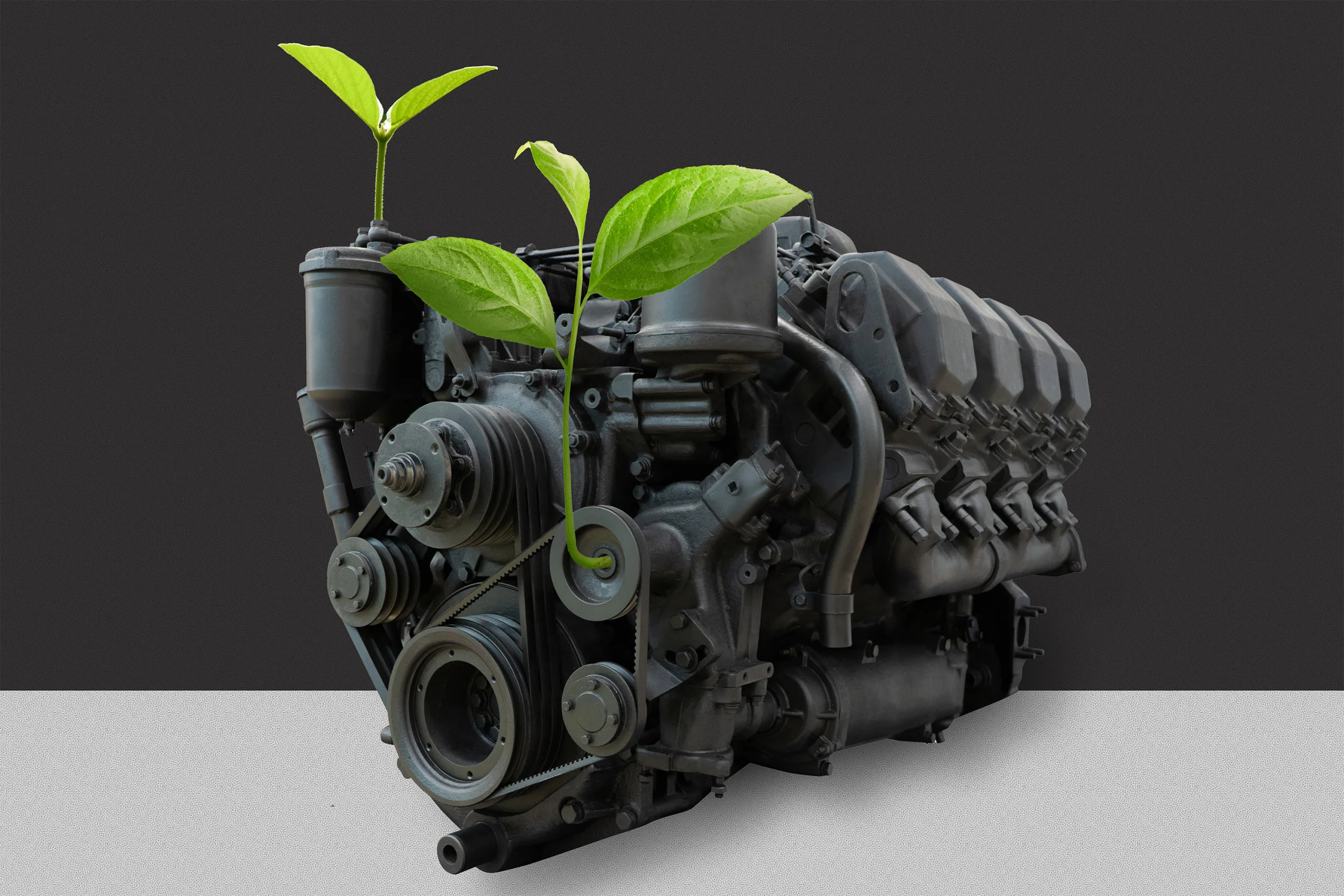Julie Shah, an esteemed alumna of MIT (B.Sc. ’04, M.Sc. ’06, Ph.D. ’11), has been appointed as the new head of the Department of Aeronautics and Astronautics (AeroAstro) at MIT, starting May 1. This leadership role highlights her significant contributions to robotics and artificial intelligence (AI), particularly concerning their implications on the future workforce.
“Julie brings an outstanding record of visionary and interdisciplinary leadership to this role,” stated Anantha Chandrakasan, MIT’s chief innovation and strategy officer as well as the dean of the School of Engineering. “She has made vital technical contributions in AI and robotics, addressing crucial social, ethical, and economic aspects that accompany these advancements.”
Beyond being a faculty member in AeroAstro, Shah previously held the role of associate dean for the Social and Ethical Responsibilities of Computing at the MIT Schwarzman College of Computing from 2019 to 2022. During her tenure, she helped launch a coordinated curriculum impacting over 2,000 students annually. Currently, she directs the Interactive Robotics Group within MIT’s Computer Science and Artificial Intelligence Laboratory (CSAIL), along with overseeing the Industrial Performance Center.
At the Interactive Robotics Group, Shah and her team research innovative ways to reimagine the future workplace by cultivating collaborative robots that enhance human capabilities. Her work bridges cognitive models and artificial intelligence, finding applications across manufacturing, healthcare, transportation, and defense sectors. In 2020, she co-authored the notable book “What to Expect When You’re Expecting Robots,” which delves into the dynamic of human-robot collaboration.
As a prominent authority on human-robot interaction in professional settings, Shah serves as the co-director of the Work of the Future Initiative, a continuation of MIT’s Task Force on the Work of the Future. She collaborates with Ben Armstrong, the executive director of MIT’s Industrial Performance Center, and together they lead a group examining the role of generative AI in enhancing job quality and ensuring equitable tech access across industries.
Throughout her career, Shah’s outstanding research and educational contributions have garnered numerous accolades. In 2017, she was recognized as an associate fellow of the American Institute of Aeronautics and Astronautics (AIAA), and in 2018, she received the IEEE Robotics and Automation Society Academic Early Career Award. Her achievements also include being named a Bisplinghoff Faculty Fellow, induction into MIT Technology Review’s TR35 List, and winning the NSF Faculty Early Career Development Award. In 2013, her innovative work on human-robot collaboration made it to MIT Technology Review’s prestigious list of 10 Breakthrough Technologies.
In January 2024, Shah became a member of the inaugural AIAA Aerospace Artificial Intelligence Advisory Group, which aims to promote the effective use of AI technology in aeronautics and aerospace research and development. She also plays an editorial role as the editor-in-chief of Foundations and Trends in Robotics and serves on the editorial board of the AIAA Progress Series, as well as on the executive council of the Association for the Advancement of Artificial Intelligence.
Shah is not only dedicated to her research but also recognized for her exceptional mentorship. In 2019, she was honored with the “Committed to Caring” (C2C) award from her graduate students. Over the past decade, she has fostered a nurturing academic environment while serving as the head of house for the Sidney Pacific Graduate Community.
With a robust educational background, Shah earned her bachelor’s and master’s in aeronautical and astronautical engineering, in addition to her PhD in autonomous systems, all from MIT. Following her doctorate, she took on a postdoctoral role at Boeing before returning to MIT as a faculty member in 2011.
Shah succeeds Professor Steven Barrett, who has served as both interim department head and then department head of AeroAstro since May 2023.
Photo credit & article inspired by: Massachusetts Institute of Technology



